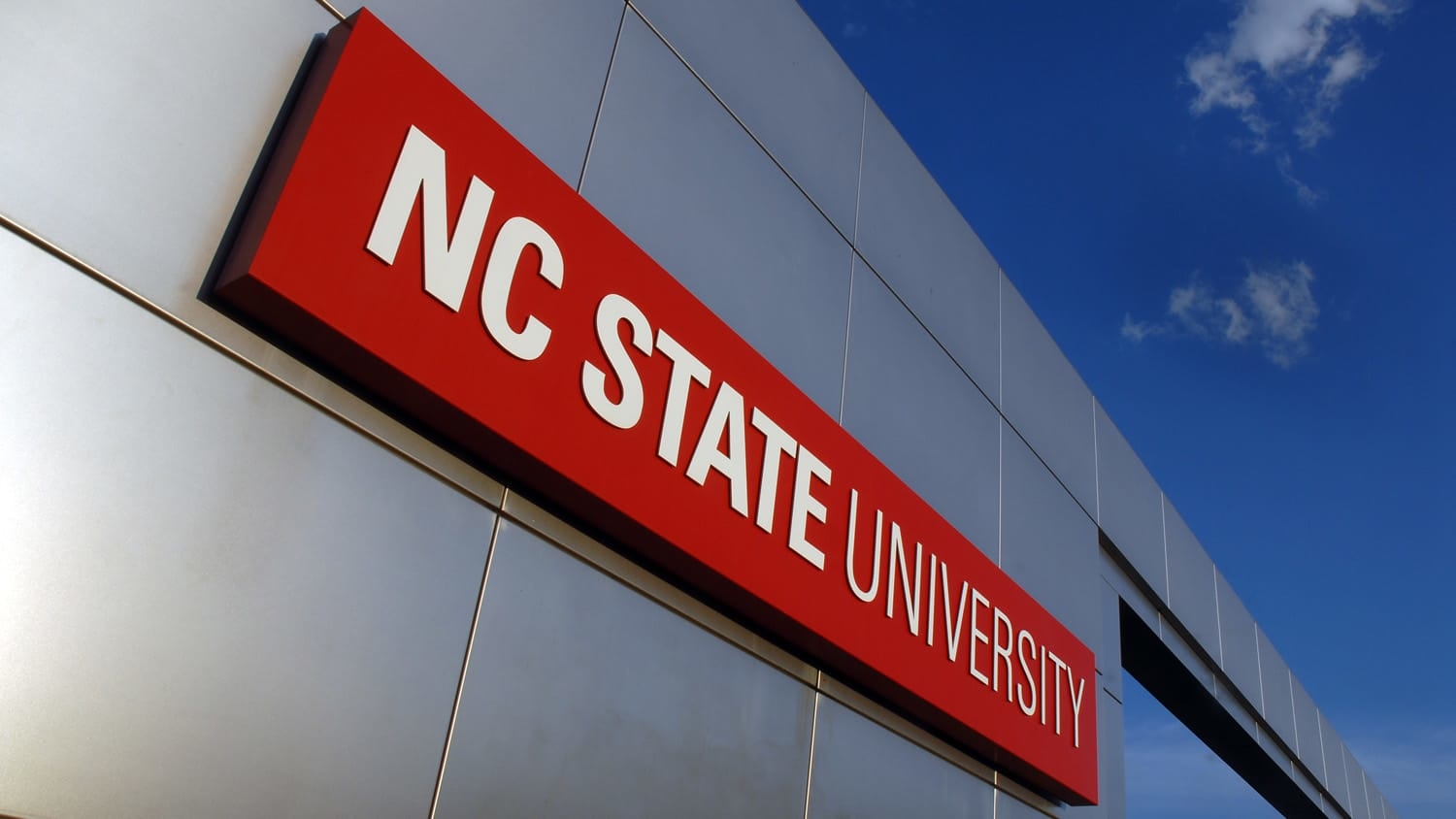NSF Spintronics Grant Will Help NC State Researchers Develop Smaller, Faster Electronic Devices
Researchers at North Carolina State University have received a three-year, $1.2 million grant from the National Science Foundation’s Center for Chemical Innovation (NSF-CCI) to pursue research in the emerging field of molecular spintronics. The grant will fund a center for molecular spintronics at NC State and support a research coalition between scientists at NC State and UNC-Chapel Hill with the aim of using this technology to develop smaller, faster, more energy-efficient electronic devices with increased storage capability.
Dr. David Shultz, professor of chemistry, is the principal investigator. NC State co-PIs include Drs. Dan Dougherty, Marco Buongiorno-Nardelli, Jack Rowe (physics), Joe Tracy (materials science and engineering) and Gail Jones (math, science and technology education). The grant is one of four awarded nationally by the NSF.
Molecular spintronics refers to the use of designed molecules containing electrons that are not involved in chemical bonds. These electrons have small magnetic fields which can then be utilized to power electronic devices with more memory storage capability, faster operation and lower energy usage.
“This is a combination of materials science and chemistry that goes beyond mere nanotechnology,” Shultz says, “and that has the advantage of taking the field of electronics beyond the current limitations we have when working with materials like silicon.”
The grant also allows the research team to focus on outreach and training for a new generation of scientists specializing in this technology by providing funding for graduate courses and other educational activities.
“It is an effort not only to use designed molecules to build new devices, but also to train future researchers and workers who can bring this technology into the world and marketplace,” Buongiorno-Nardelli says.
-peake-


